Media | Articles
BMW may own Alpina, but the shop won’t forsake its classics
Andreas Bovensiepen’s early memories are inseparable from Alpina. His father Burkard founded the business as a BMW tuner in the mid-1960s—hence the twin carbs and crankshaft on its logo—but by the early 1970s of Andreas’ childhood, Alpina was a force to be reckoned with in the European Touring Championship.
Drivers including Derek Bell, Niki Lauda, and Günther Huber helped it win European Touring Car Championship titles in 1970, 1973, and 1977, first in the BMW 2002 and 2800 CS, later in the famous 3.0 CSL “Batmobile” (a homologation car developed by BMW’s nascent M Division to Alpina’s own requirements). Work rarely ceased in the workshops located just a stone’s throw from the family home.
“I remember like it was yesterday,” says Andreas, who has spent much of his working life at Alpina, but initially worked in BMW’s Research and Innovation Centre (FIZ) after graduating with a degree in business management. “The race cars were prepared only 200 meters away from where we lived in Buchloe, so even at night you could hear an engine running on the dyno, or when a fresh engine was installed in the race car and started for the first time.”
Since Burkard stepped back from the day-to-day running of Alpina, his sons Andreas and Florian have taken the reins. In 2022 the brothers made an announcement that was both agonising and relatively straightforward—Alpina was selling its naming rights to BMW. More on that shortly.
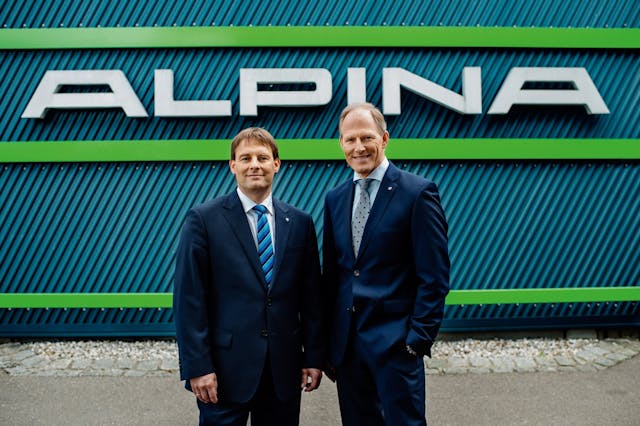
Crucially, though, as one chapter closes another begins: The Bovensiepens are developing their wholly owned Alpina Classic subsidiary, among several other endeavors. There is no shortage of inspiration in their back catalog.
After that 1977 ETCC win, Alpina stepped back from motorsport to concentrate on its own BMW-based models, three of which were initially introduced from late 1978 with a focus on the torque-rich performance and grand-touring luxury that still defines Buchloe BMWs.
The B6 2.8 came first, an E21-based 3 Series fitted with a six-cylinder engine. The 5 Series–based B7 Turbo was the fastest saloon in the world courtesy of a 300-bhp (296 hp) forced-induction straight six. The B7 Turbo Coupe applied the same template to the 6 Series.
Alpina was no longer merely a tuner, and by 1983 it was accredited as a manufacturer in its own right by the German transport authority, if always with a BMW base car as the main ingredient.
Since those early days, approximately 60,000 Alpinas have left Buchloe, with around 25,000 still in existence. Given around 2200 models are produced annually and demand is higher than ever (in 2022 that equated to roughly 750 units each for the U.S. and Germany, 250 for Japan, and 110 for the UK), selling off the rights must have been an impossibly tough decision for the family.
“We have almost 60 years of history, and Alpina has always earned money, so it was a really difficult decision,” admits Andreas. “But now as the industry is forced to turn to electric mobility, the costs of development, software validation, driver assistance, and supervisory assistance systems will make it much more complex and costly in future for development and homologation, especially for small manufacturers.”
The final built-in-Buchloe Alpina will be produced at the end of December 2025, after which BMW takes manufacturing in-house.
It’s too early to confirm which model will sign off the Bovensiepen era, says Andreas, and besides, it will most likely remain in Alpina’s own collection, but a predictable surge of interest has ensued among dedicated clientele.
“Customers want to secure a BMW Alpina equipped with a nice V-8 or six-cylinder inline engine while these drivetrains are still available,” Andreas says. “There are some similarities to the Swiss watch industry and mechanical watches—there’s hardly any interest for hybrid or electric drivetrains among our clients at the moment.”
Alpina’s future does not hinge entirely on its heritage. Over the last decade it has built up an engineering consultancy, with specialist subjects including suspension, stability control, electric steering, engine tuning, and emissions compliance. This avenue will expand, both for BMW and others. The firm also has mysterious “further plans for the automotive sector,” potentially with a move further upmarket under a different brand.
But for anyone who’s lusted after Alpina’s trademark “Deco-Set” graphics, 20-spoke alloys, and snow-plough air dams, Alpina Classic is the silver lining. Classic accessories and spare parts will form one logical sideline, and Alpina has already re-released classic alloys for the E30 3 Series, as well as Garrett turbochargers for the E34 Alpina B10 Biturbo.
But a focus on restoration will have a more profound impact on how the business is run and organized. Presently, Alpinas are built on the BMW production line using a kit of Alpina-specific parts (engine cooling package, turbochargers, springs, wheels, tires, brakes…) before returning to Alpina’s “manufactory” for final assembly and any number of bespoke interior upgrades in its in-house upholstery and saddlery workshops.
This leaves the business at absolute capacity, with requests from classic owners largely turned down, including those who want to have cars serviced at the “birthplace.”
“We have completed some restoration projects,” says Andreas. “For instance, a year ago we finished a two-year restoration of a 1981 6 Series Coupe B7S Turbo for a Japanese customer, which we completely dismantled, rebuilt, and painted. But mostly we use a maximum of two car lifts in the workshop, so for now we cannot fulfill a lot of wishes. From 2026, our business will be almost the opposite of today.”
In future, engine, suspension, and interior overhauls will be completed on-site, with bodywork out-sourced. The intention is to retain comparable floorspace and staffing levels (currently 300 or so) with younger mechatronic-trained technicians re-educated in the more mechanical art of rebuilding components such as engines, gearboxes, and rear axles.
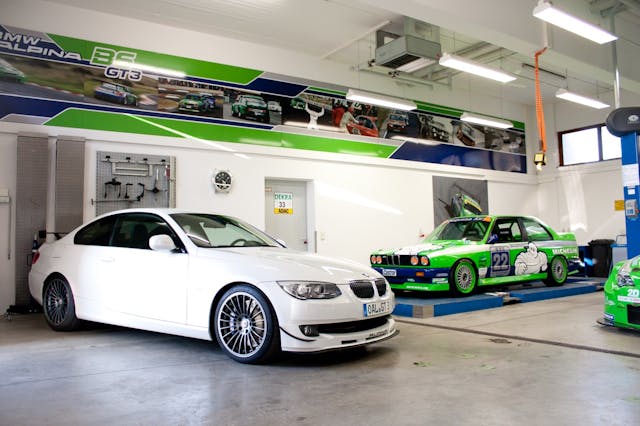
Upgrades are already in the offing—the Japanese B7 was refitted with modern ignition and fuel-injection systems—and even far more radical restomods are apparently not out of the question.
Alpina also plans to upgrade models sold over the last decade (both the majority of its production and the remaining fleet) with “new wheels, aerodynamic parts, and new upholstery, including Alpina cloth interiors.”
Yet neither continuation cars nor EV-swapped classics are likely, despite precedents elsewhere. The latter is no doubt music to most Alpina fans’ ears, but surely there’d be demand for a fresh B10 built from a donor E34 5 Series…
“This is an interesting idea,” concedes Andreas, “but tooling for several hundred parts for an Alpina conversion and other BMW parts are no longer available, so it’s just not realistic.”
So if he could choose only one, which classic would the man born at Alpina’s inception—the man who has lived and breathed its values ever since—put in his garage? Maybe a late ’70s B6 3-Series? Or the B10 “Testarossa fighter” he waxes lyrical about?
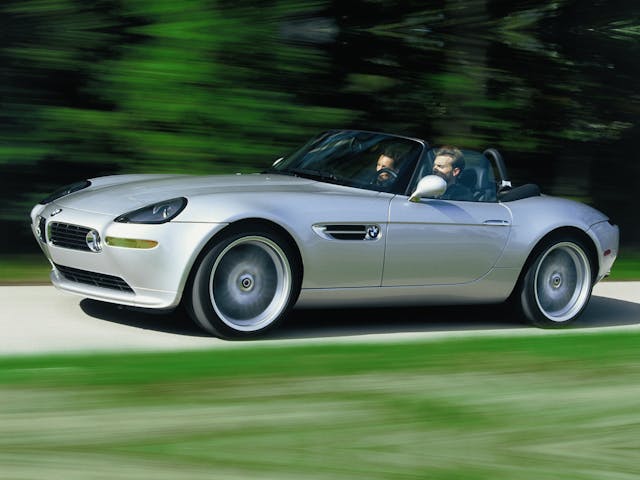
“I’d pick the [Z8-based] BMW Alpina Roadster V8,” comes the instant response. “I was involved with this model when I worked at the BMW Research and Innovation Centre, and I pushed heavily to do our own version afterward. It’s the only car where we reached nearly 10 percent of total production, with 555 Alpinas from a total production run of 5703 cars. Today that car is a collectors’ item, and it’s difficult to buy one for under $350,000.”
That’s around a third more than you’ll pay for a typical Z8, but no doubt selling the final built-in-Buchloe Alpina to a keen collector would liberate the necessary funds.
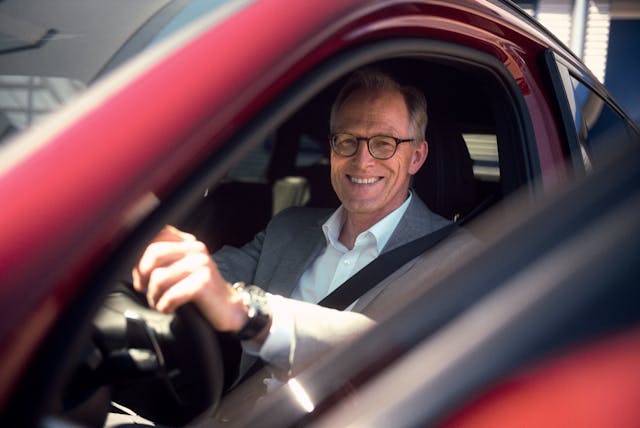
***
Marketplace
Buy and sell classics with confidence
Check out the Hagerty Media homepage so you don’t miss a single story, or better yet, bookmark it. To get our best stories delivered right to your inbox, subscribe to our newsletters.
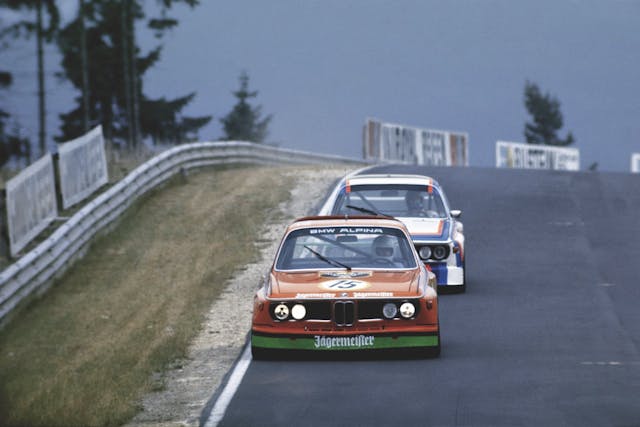
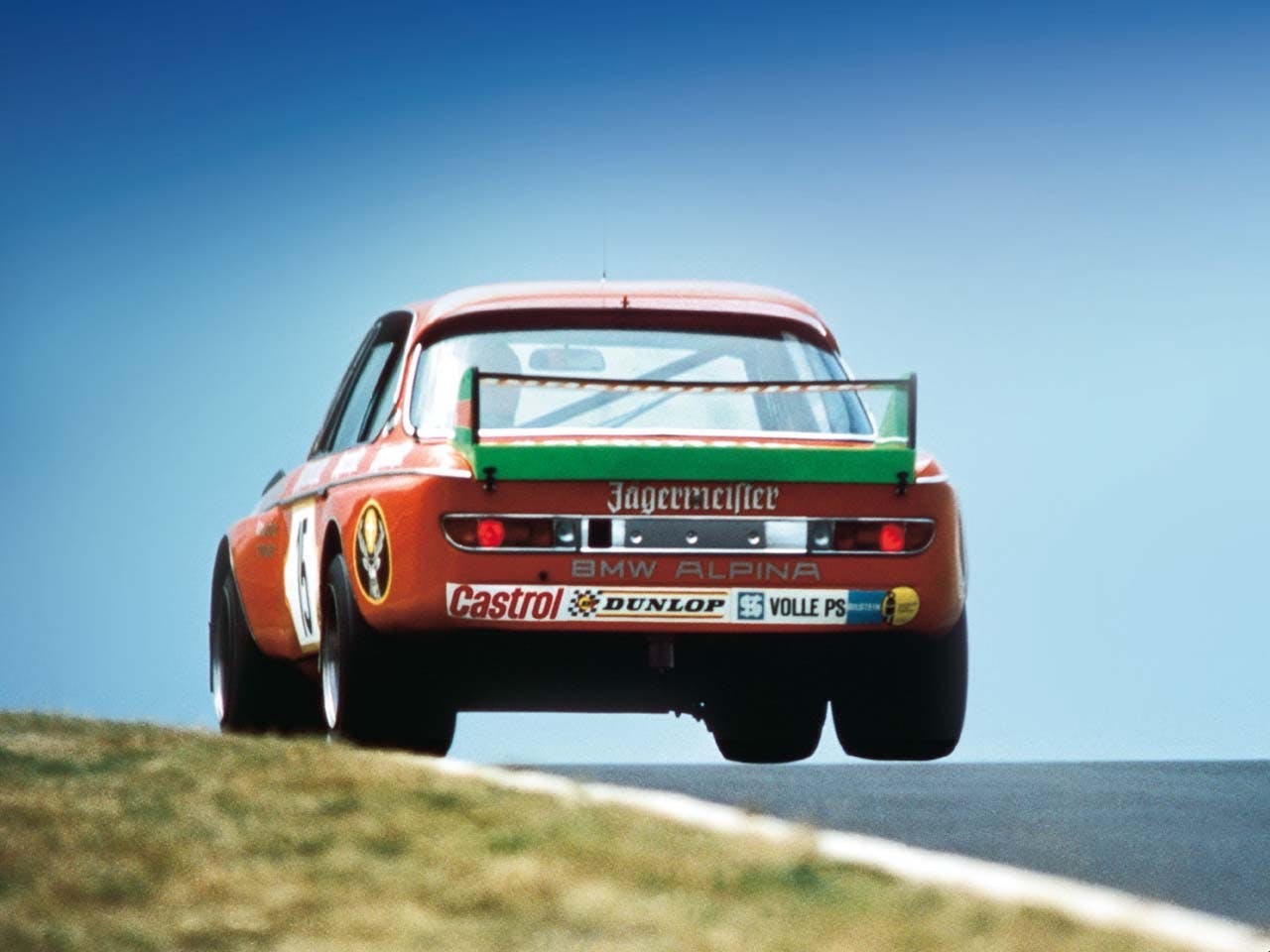
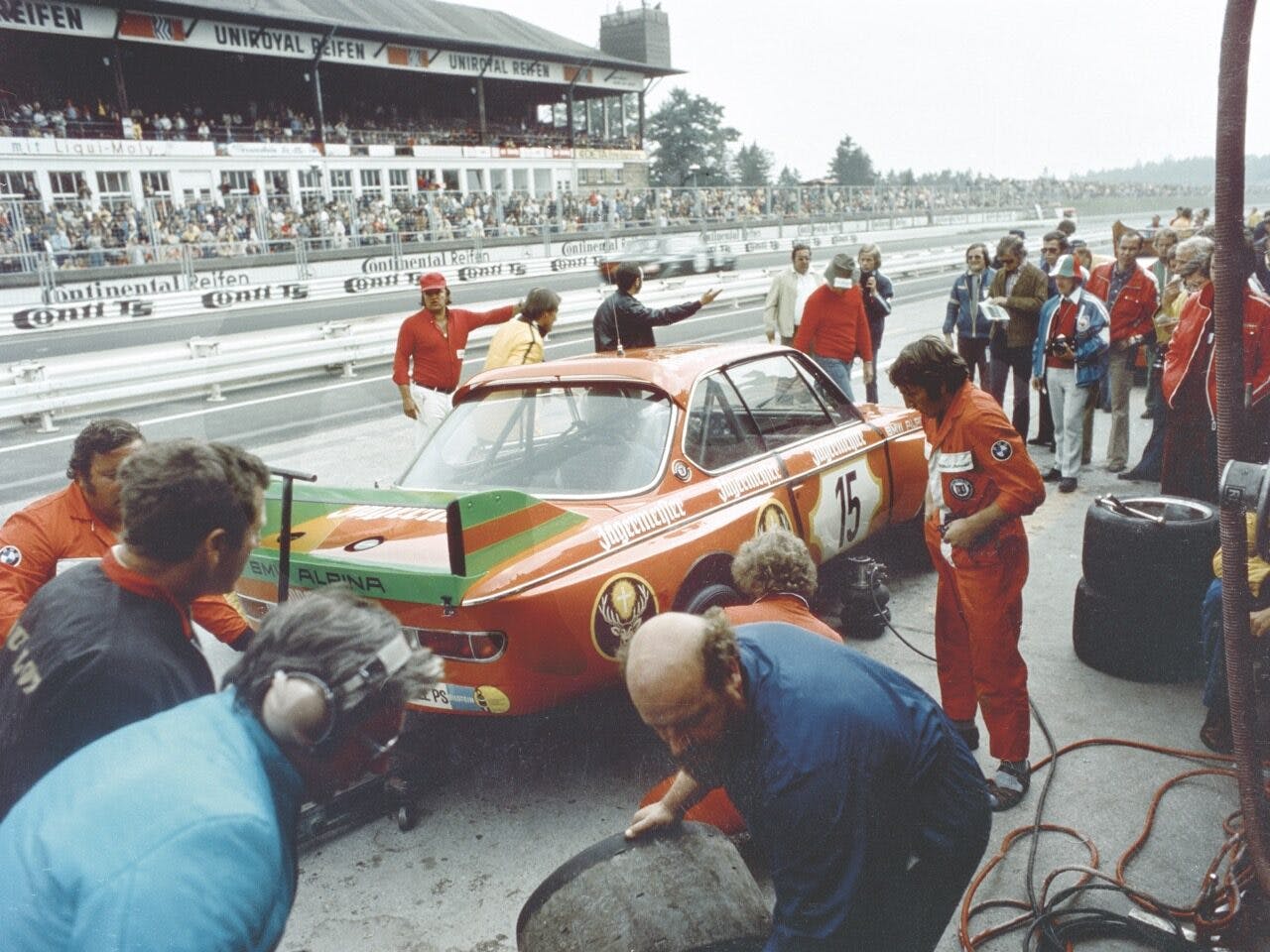
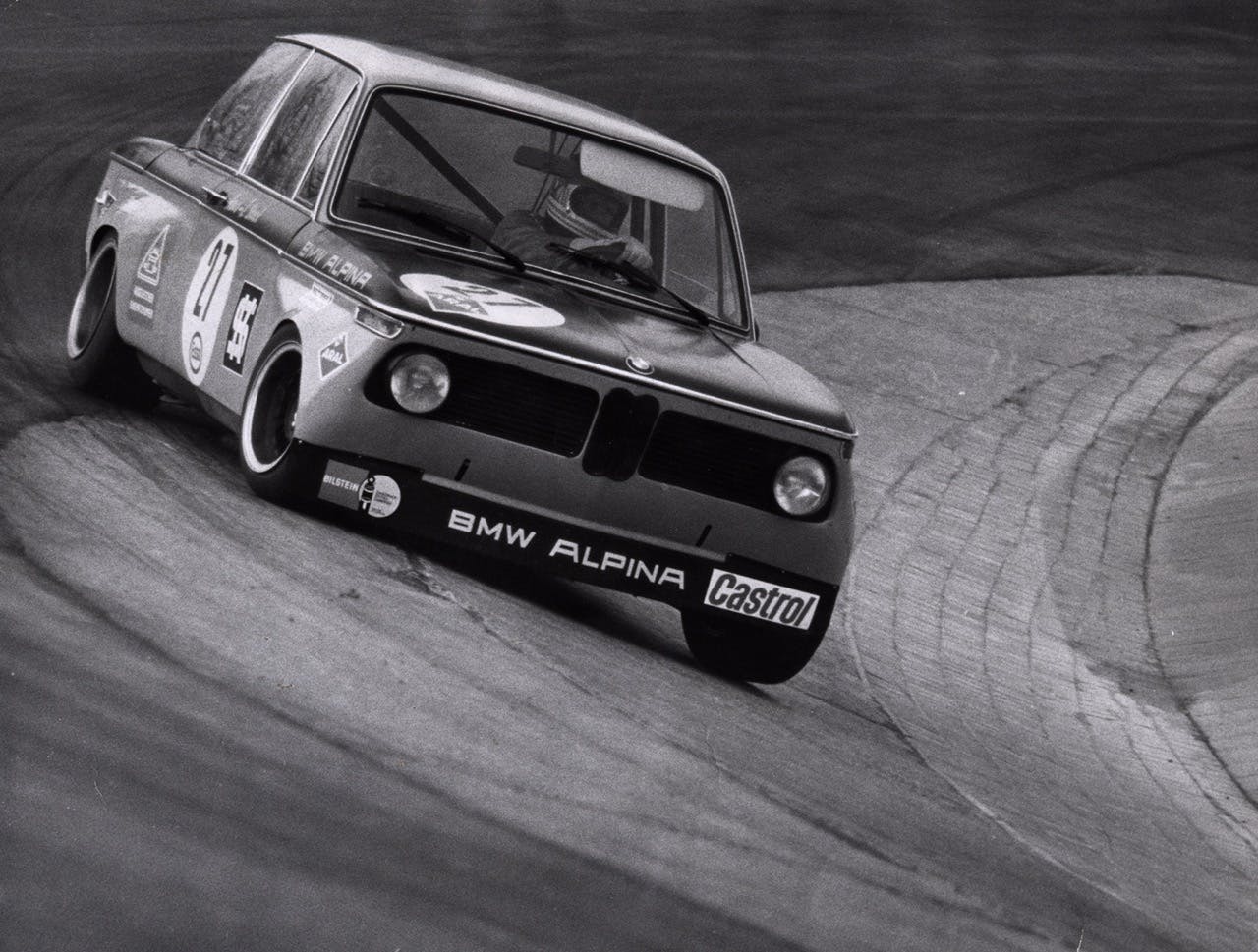
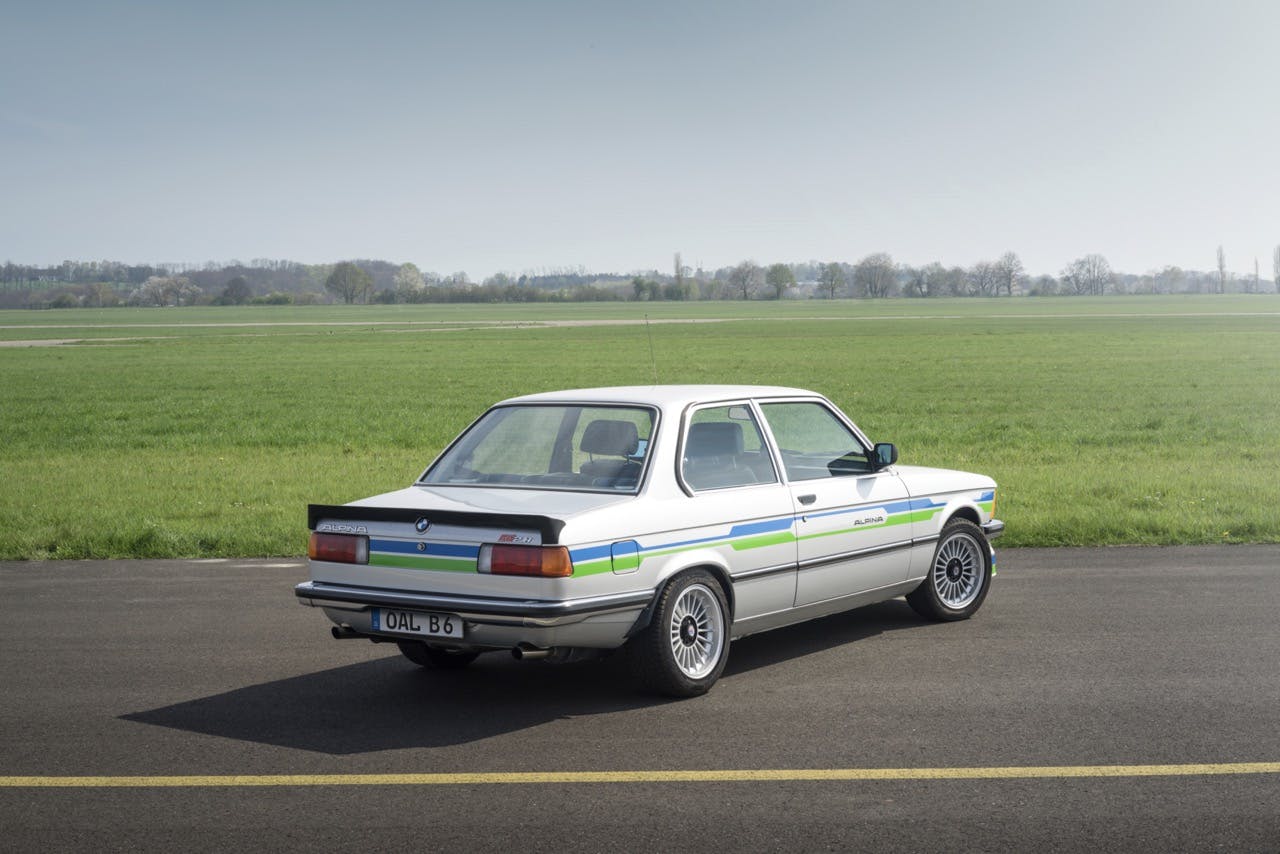
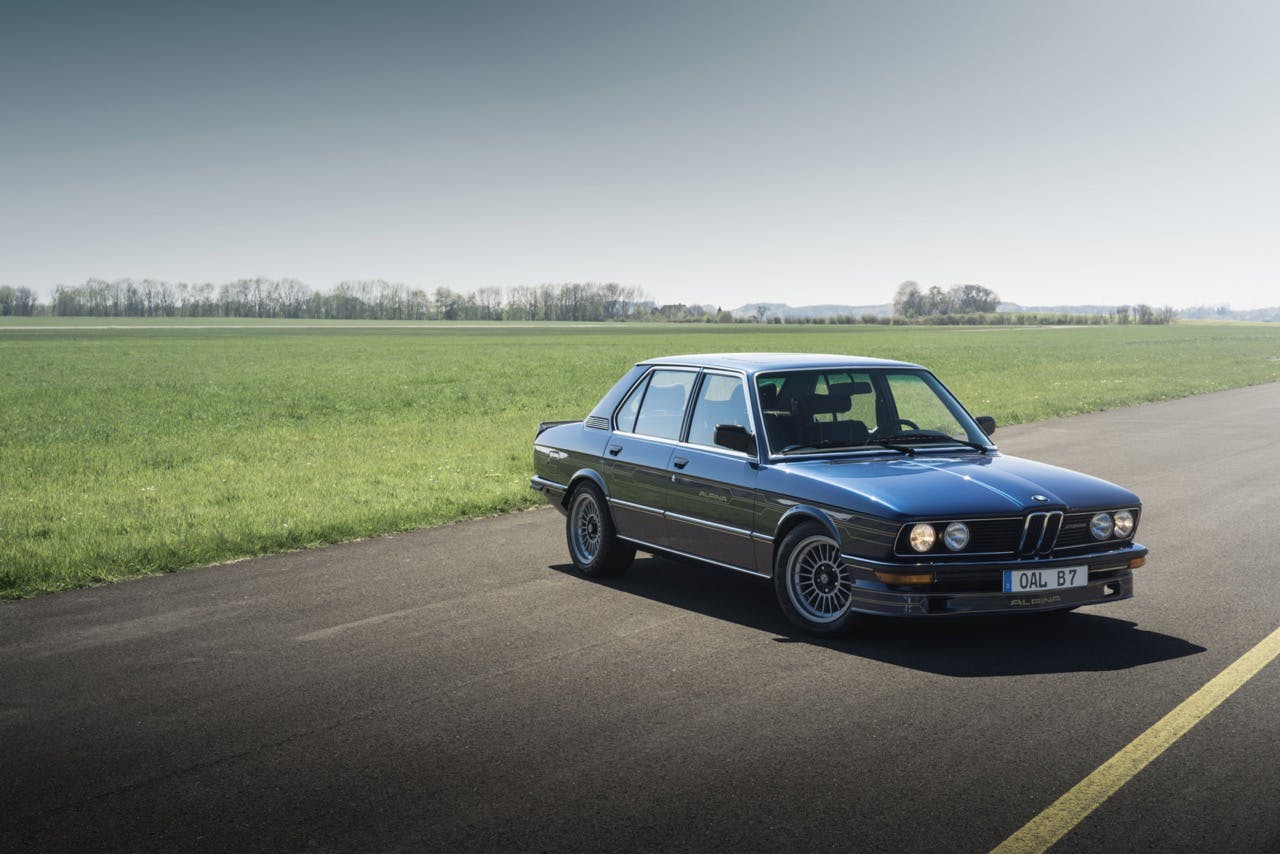
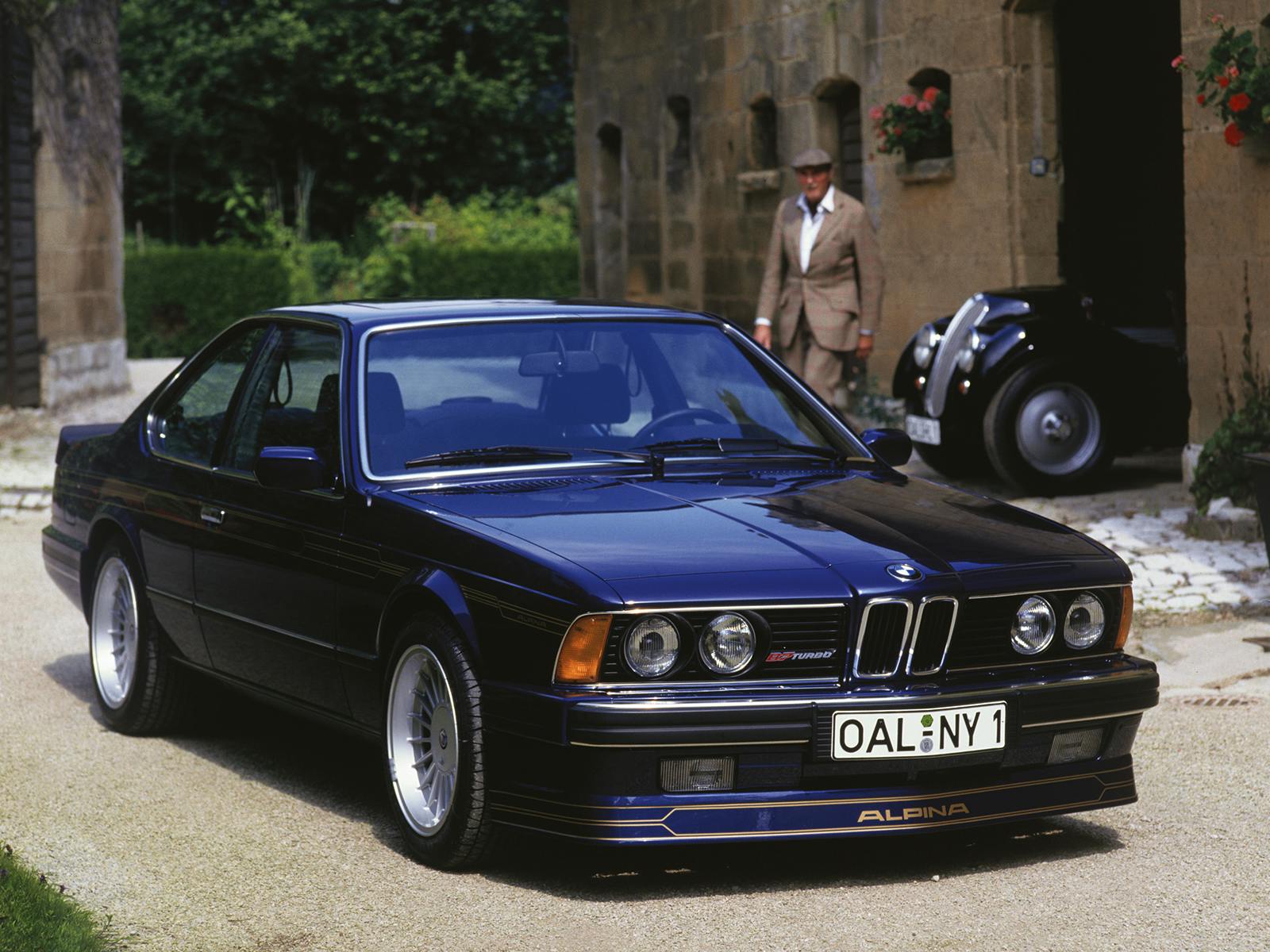
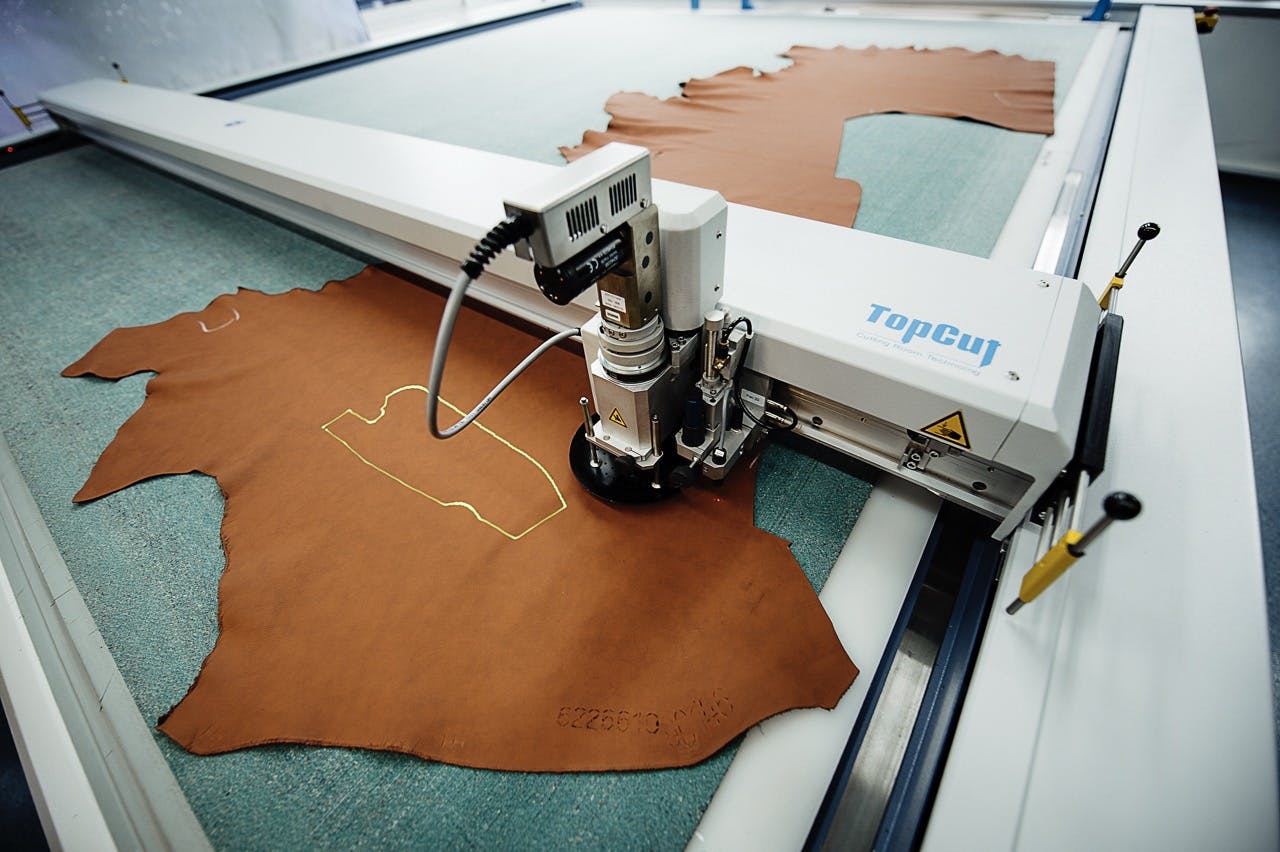
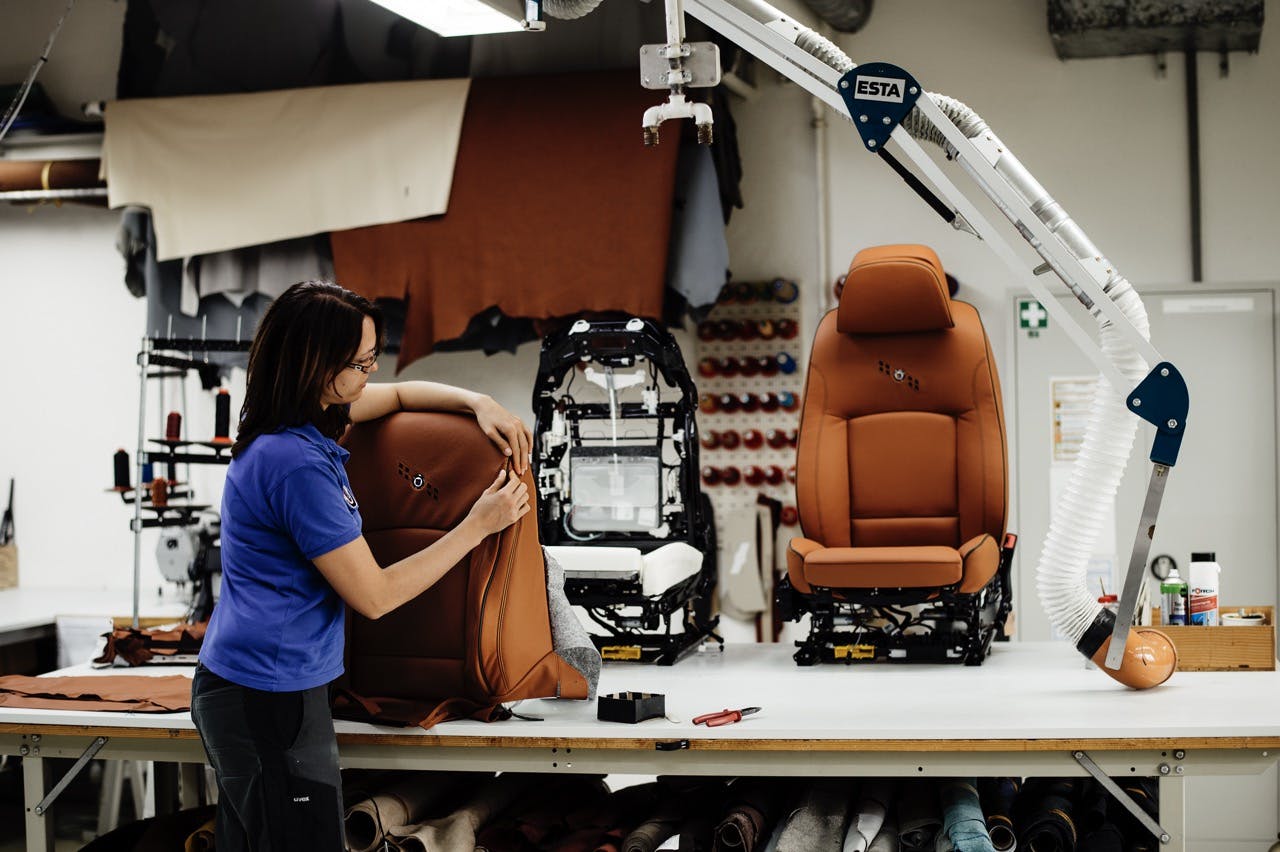
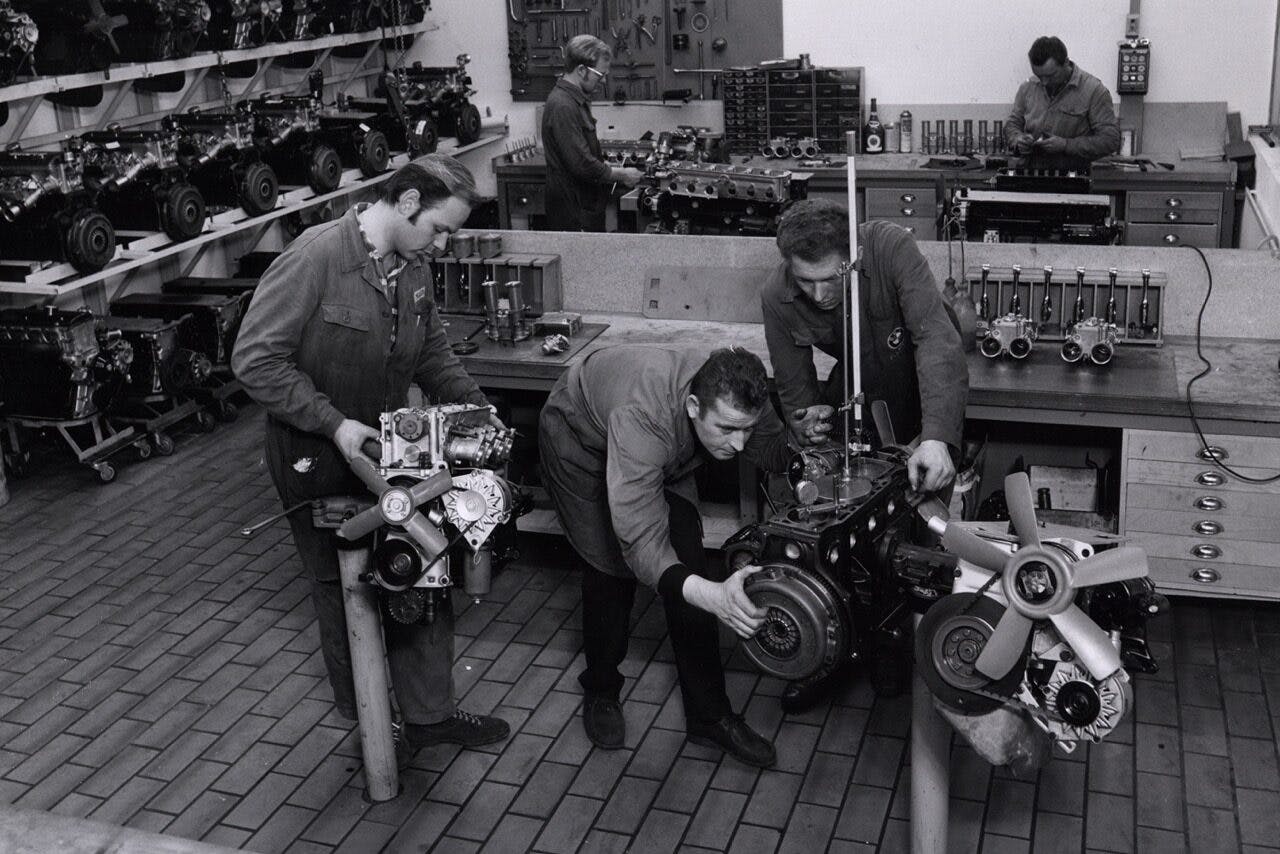
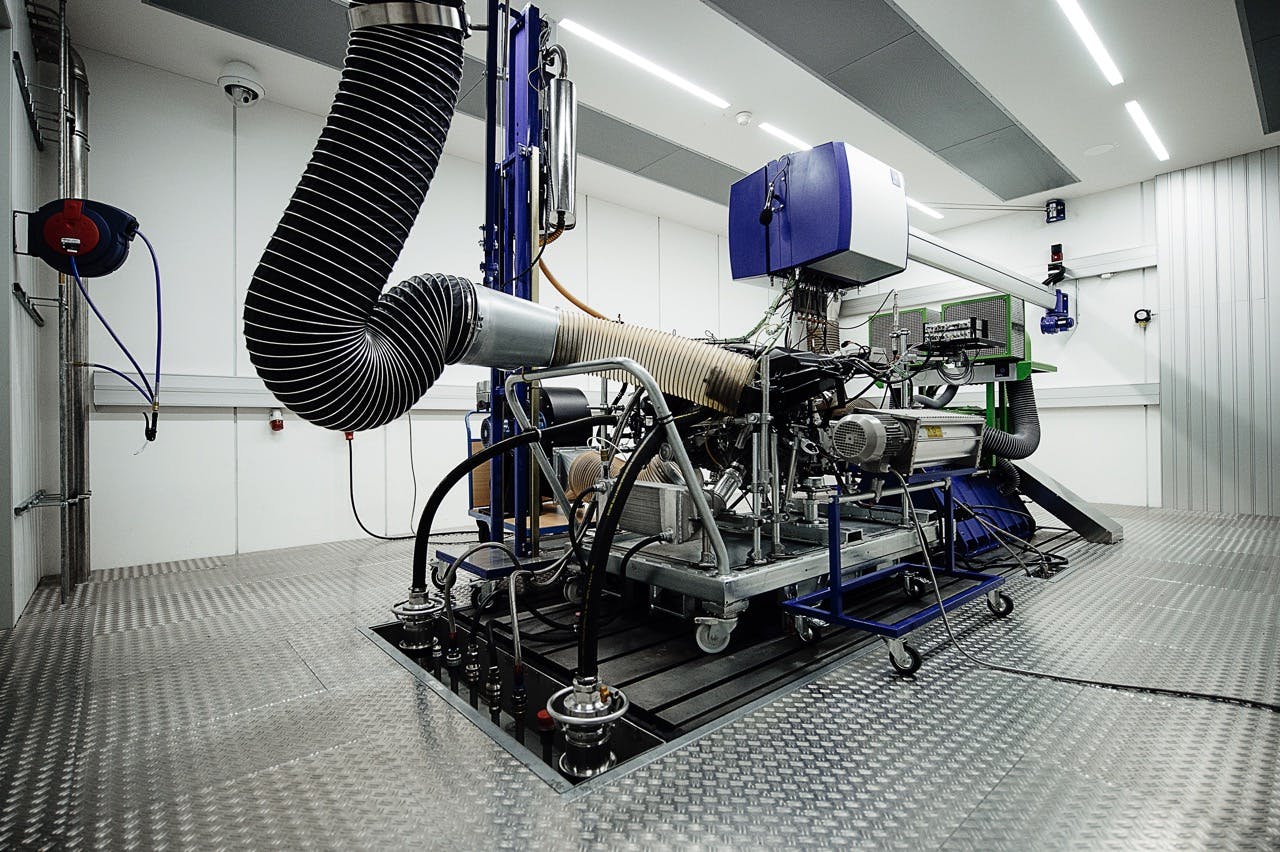
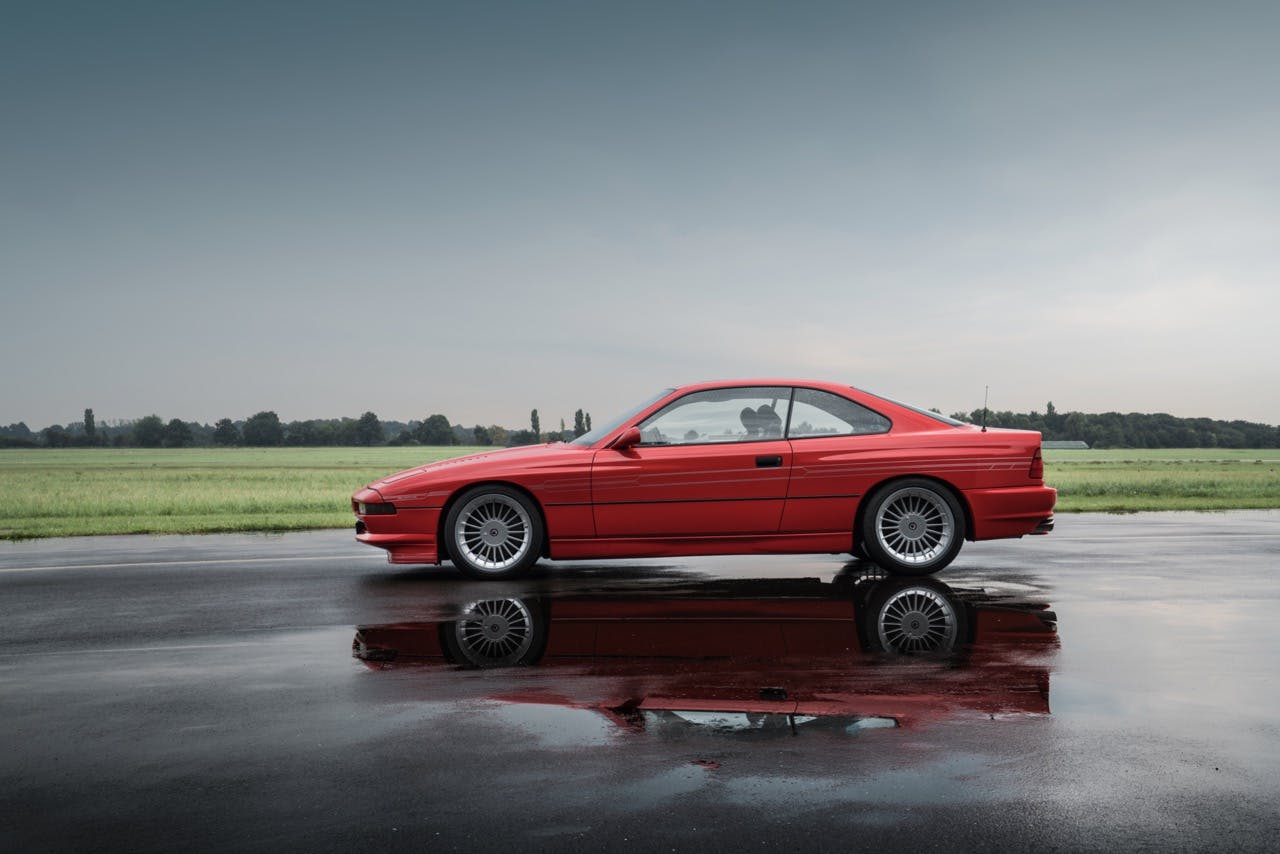
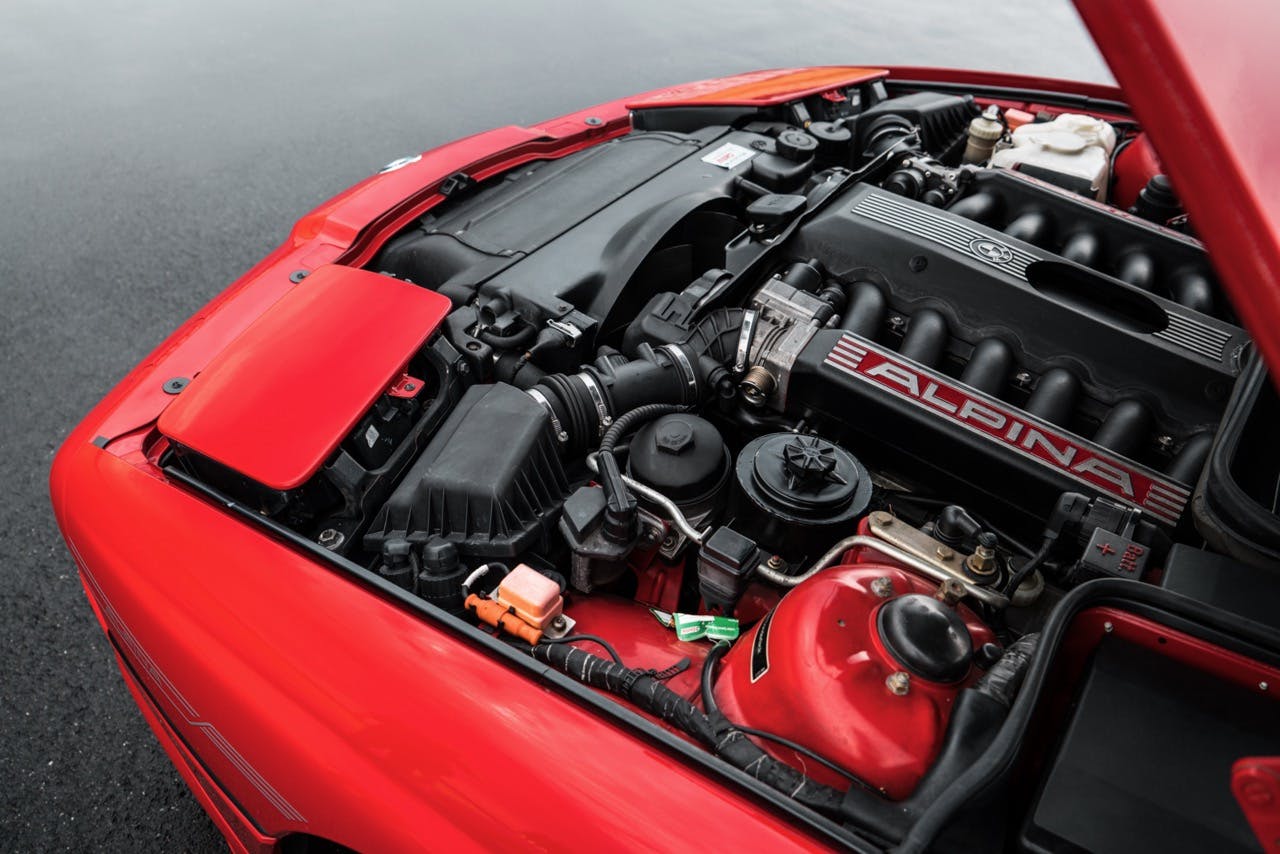
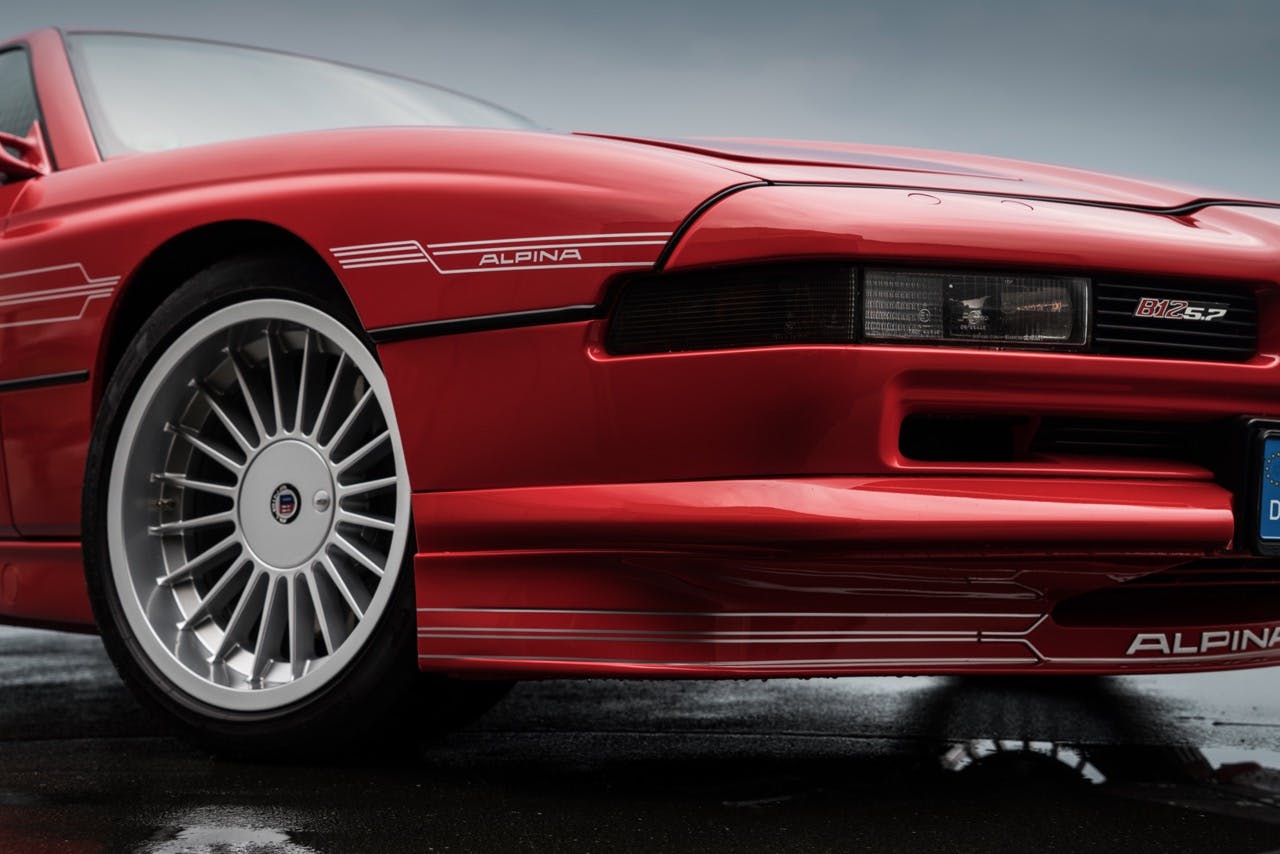
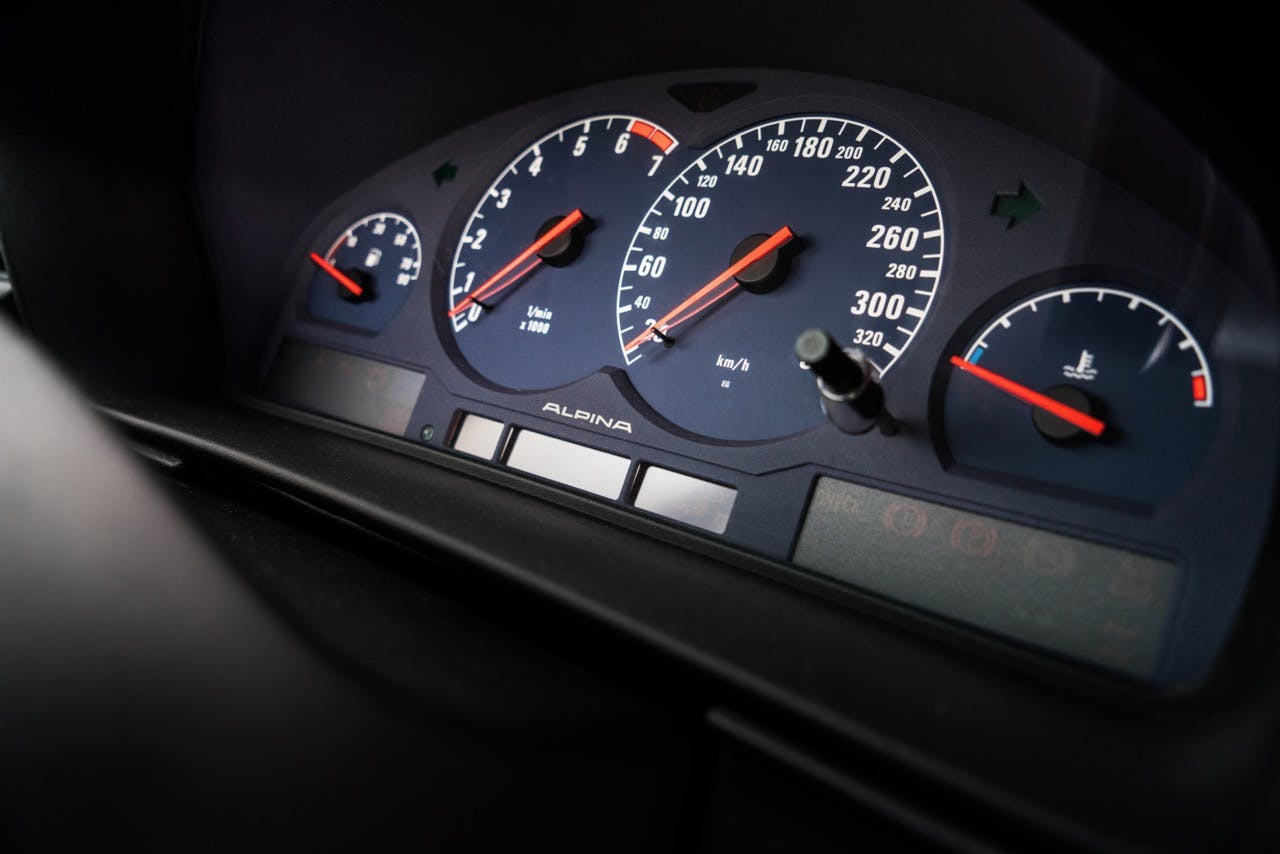
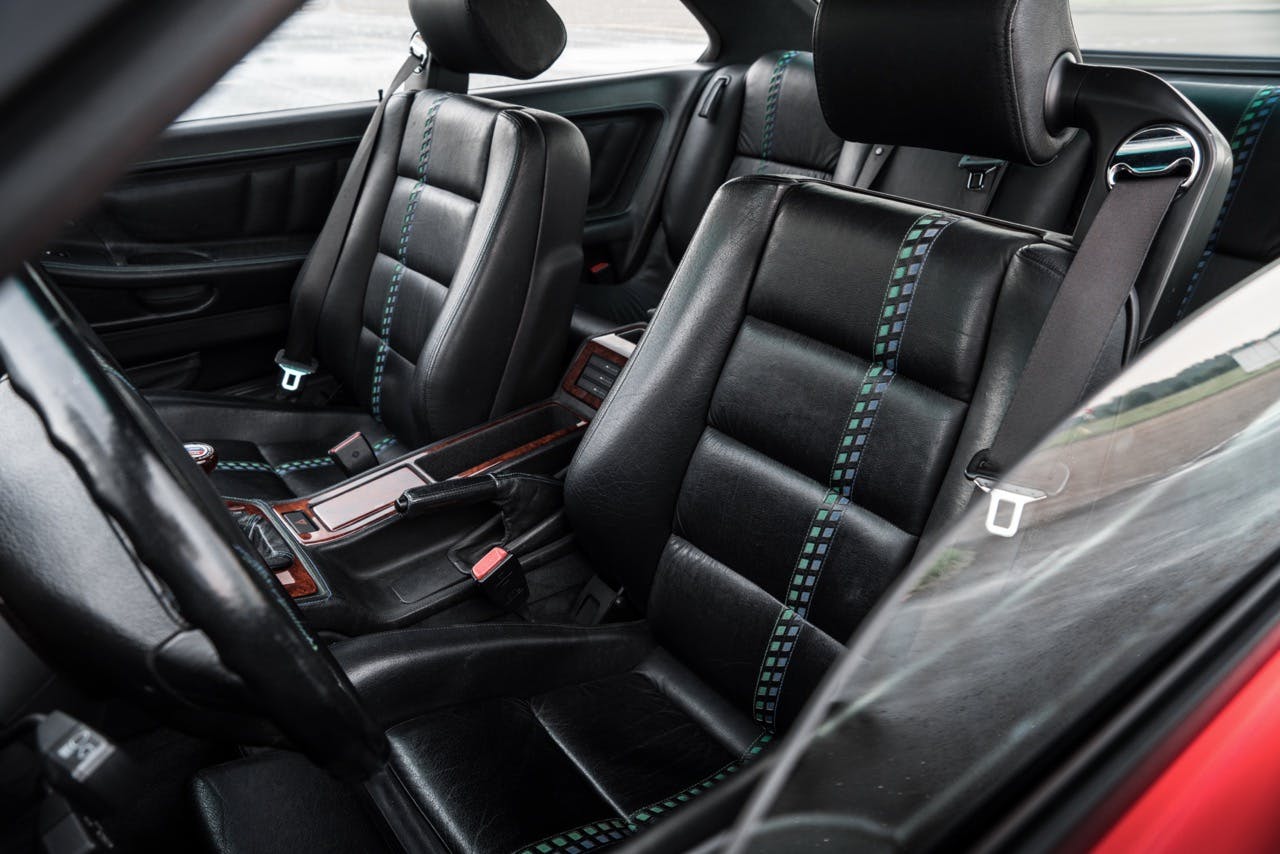


















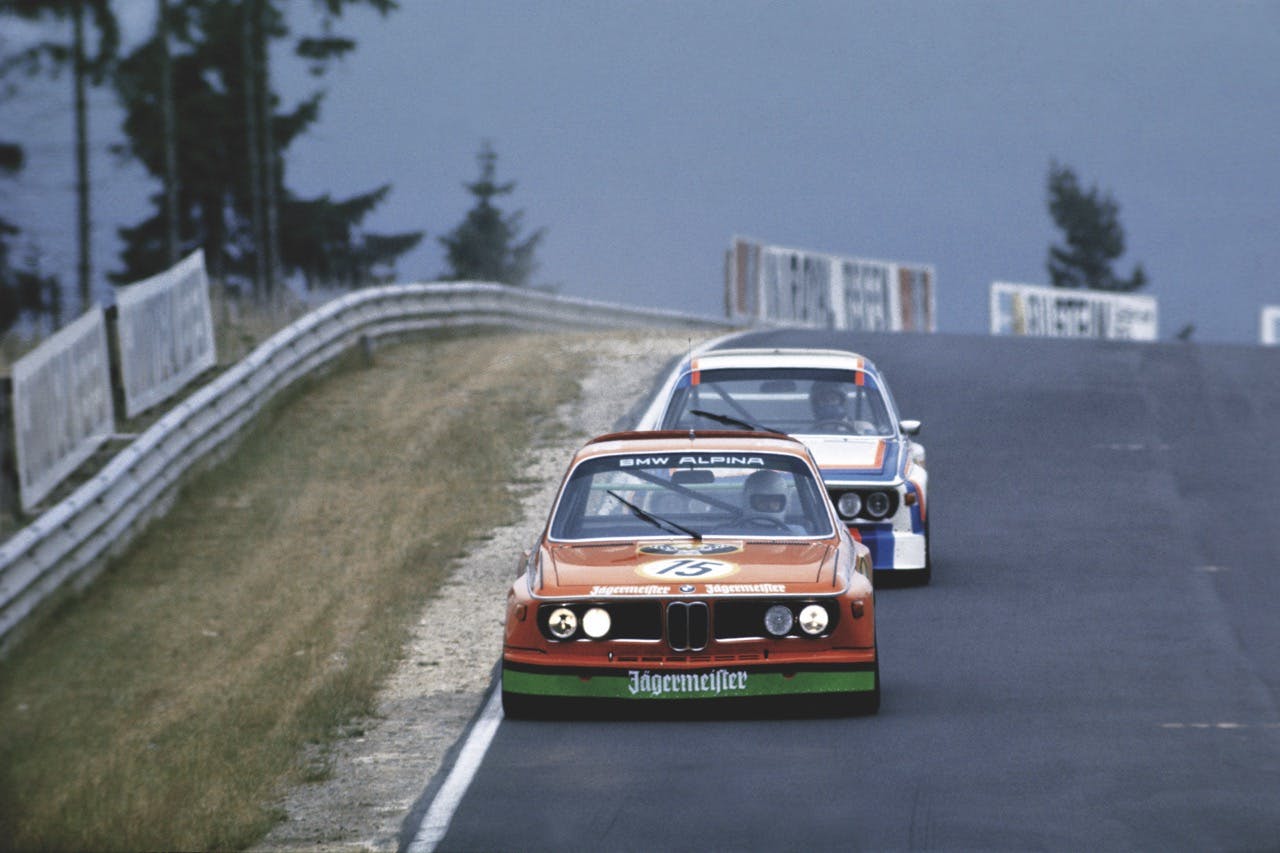
“…in an era when BMW offered only four-cylinders.” Wrong. BMW started building six-cylinder cars in the late ’60s with the 2500 and 2800 sedans and the 2800CS coupe.
You are correct, Ray. Thanks for flagging that. The post has been updated.
Excellent article. Proud owner of a Z4 coupe however I do not believe alpina ever modified a coupe. I have seen photos of z4 convertibles who alpina worked their magic on 👍.
The Z8 Alpina may get a premium due to its rarity, but the X5 engine and an automatic instead of the M5 engine and a 6-speed? Not for me, thanks.
So as Alpina goes fully into BMW’s control will they just become a trim package like a M Sport car? Sad to see it go.